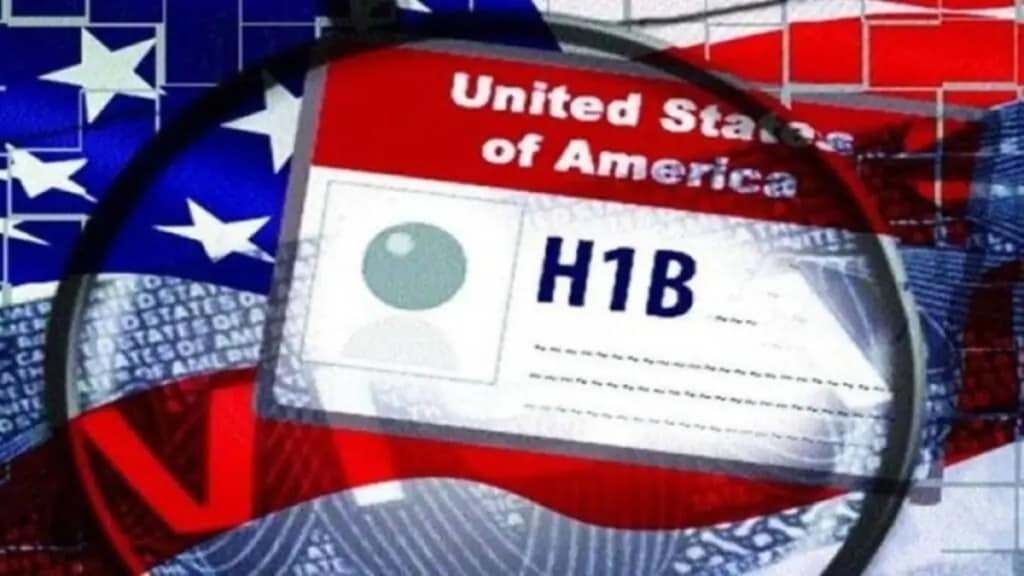The US President Donald Trump signed an executive order on September 19, raising the fee for new applications for H-1B visa from around $1,500 to $100,000. Brokrages believes that the impact will be limited as they will have to pay only once in six years. The brokerages also believes that Indian IT companies can mitigate this by higher near-shoring/off-shoring and/or hiring local talent
Firms to counter impact with local hiring and offshoring: Nuvama
Nuvama pointed out that the fee will apply only to new visa applications, not renewals. Since a typical H-1B runs on a 3+3 year cycle, companies would need to pay the higher fee just once in six years. Even if IT firms continue with their current H-1B workforce, the theoretical impact on margins is around 50–150 basis points. But Nuvama stressed the actual impact will be much lower. “We forecast companies shall use H-1B visas only for absolutely critical and irreplaceable job profiles,” it said.
“We believe Indian IT companies shall mitigate this impact by higher nearshoring/offshoring and/or hiring local talent,” the note said.
Companies to adjust hiring models: Nuvama
The brokerage believes most IT companies will avoid paying the higher fee as it makes H-1B hires economically unviable, given that median H-1B salaries for Indian IT firms range between $ 80,000 and $ 120,000.
Indian IT better placed than global peers: Nuvama
Global IT firms such as Accenture and Capgemini will also face the higher fee. Nuvama believes Indian firms are relatively better placed than their European counterparts, which operate on thinner margins and depend heavily on costly onshore models.
Nuvama highlighted that Indian IT companies have reduced their dependence on H-1B visas significantly over the last eight years. Today, less than half of their US workforce is on H-1B visas. This shift towards local hiring has already cushioned the blow.
Fresh applications form only 17% of total filings: Nomura
In release issued by White House clarifies that the fee will only be applicable to fresh applications made after September 21, 2025. Existing visa holders and renewals will not be affected. Nomura believes, the additional fee could dent operating margins of Indian IT service providers by 11–99 basis points and reduce earnings per share by 0.5–6% in a worst-case scenario.“New visa applications were only 17% of total filings, with the rest being renewals or amendments. Even if companies absorb the entire cost, the impact will be limited,” the report said.
Negligible impact over the next year: Nomura
“The impact over the next year will be negligible. Any sharp correction in IT stocks should be seen as an opportunity to accumulate,” the brokerage noted. In the long run, too, the impact should remain limited because these companies have already reduced their reliance on H-1B visas by hiring more locals abroad.Localisation levels cross 60% since 2016
Localisation levels have already crossed 60% since 2016 , up from less than 30% during Trump’s first term. “It is however, unclear to us the impact, if any, on onsite talent cost (due to higher demand) over the medium to long term,” the report noted.
“H1B visas will increasingly be reserved for extremely critical roles where local talent cannot fill the gap. Even then, the effective annual cost rise would be around $ 33,000,” Nomura wrote.
Nomura sees IT firms leaning on offshoring, automation and GCCs
Nomura expects companies to further rely on offshoring, automation, and global captive centres (GCCs) in India. Many firms are also likely to boost hiring in near-shore hubs such as Mexico and Canada. Nomura top picks include Infosys and Cognizant among large caps, Coforge among mid-caps, and Firstsource among small caps.

